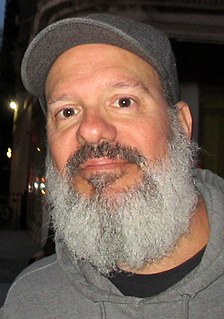A Quote by Jeffrey Rosen
Do you think Bernie Sanders, for example, is citing Theodore Roosevelt as the progenitor of his critique of the banks when actually Roosevelt wanted to keep the banks together and regulate them.
Related Quotes
I think there's a disconnect between political leaders and young voters around a lot of things related to the private sector. For example, a lot of politicians continue to attack big banks. While I'm not a defender of big banks, my sense is younger voters have had generally pretty good experiences with banks.































